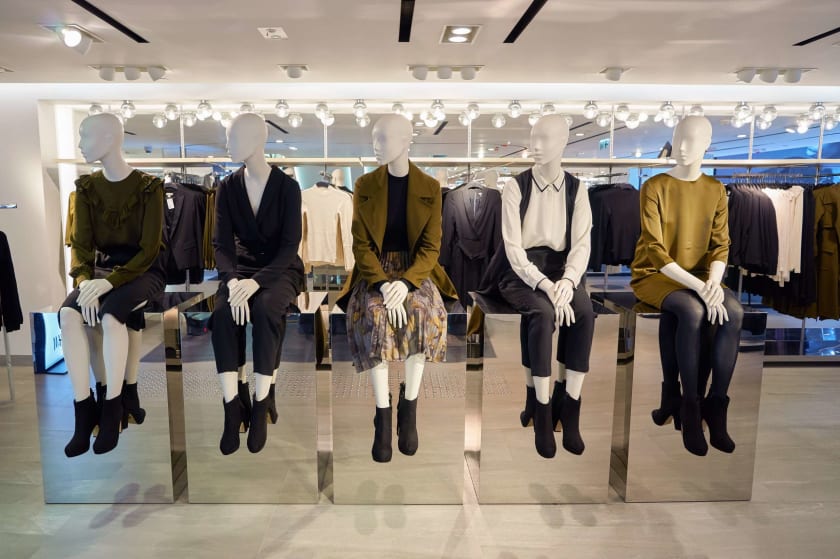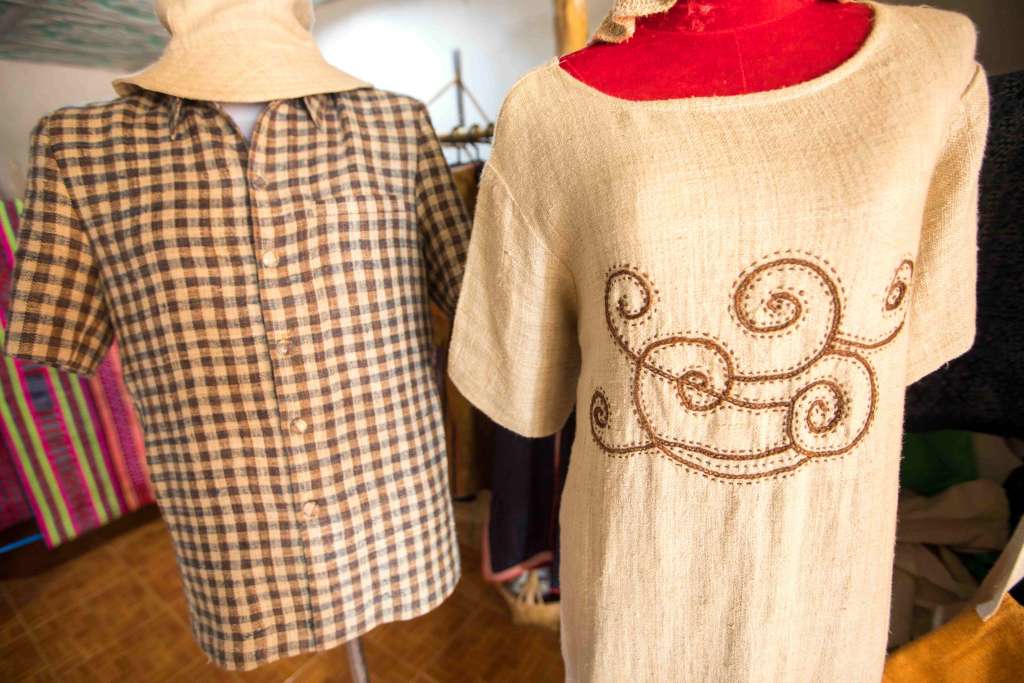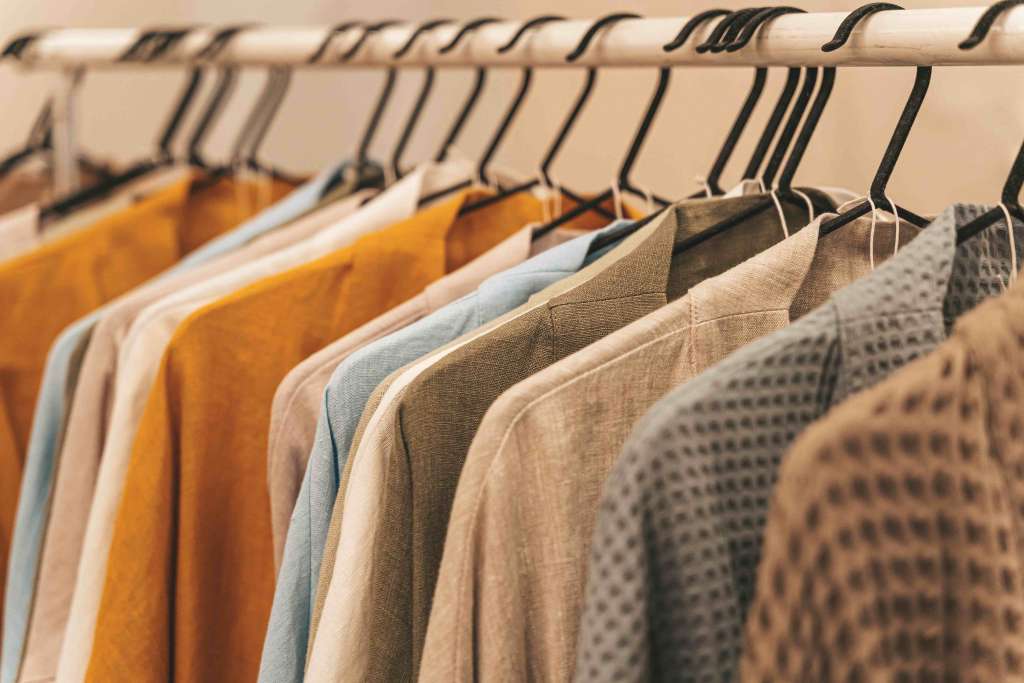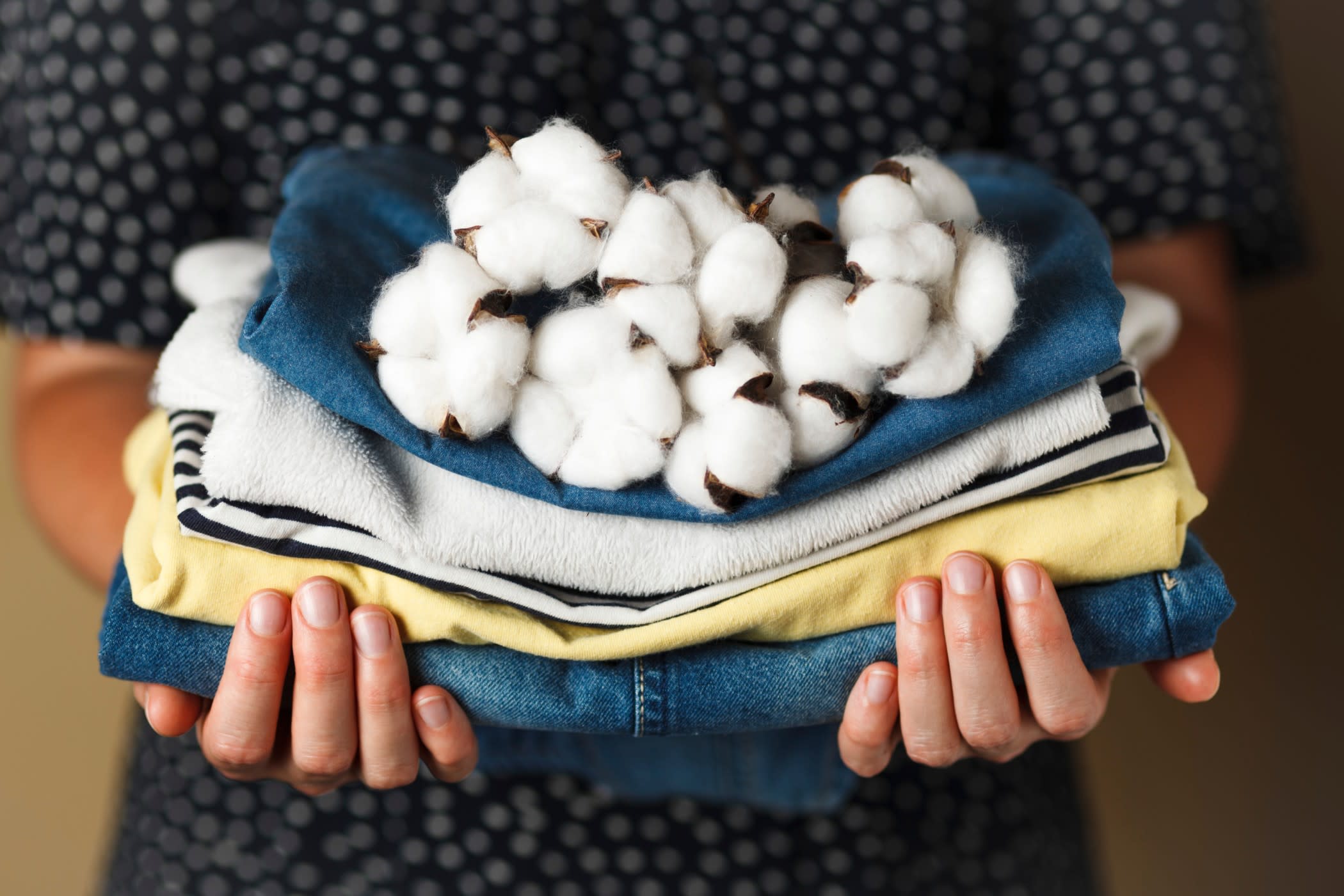The Dark Reality Behind Fast Fashion: The Benefits of Switching to Eco-Friendly Manufacturing



Fast fashion is one of the fastest-growing fashion trends, and its popularity is its effectiveness in providing the latest fashion trends to its customers. In addition, fast fashion provides an affordable clothing range, making it popular among budget buyers. However, this fashion trend has some dark sides too, such as a dire impact on the environment and the employees working in deplorable conditions. And thus, it has become essential for people to shift toward eco-friendly manufacturing practices.
How is Fast Fashion Degrading our Ecosystem?
Fast fashion, through its manufacturing process, leaves a negative impact on the planet, and some of these impacts are as follows.
Producing low-quality clothes
Many buyers do not wear purchased clothes more than twice or thrice. These discarded clothes end up as cloth waste. One might wonder why people do this and discard their clothes after wearing them a few times. The reason is pretty obvious: low prices. Fast fashion is adopted by several big companies which produce low-quality clothes at low prices. Some of these cheap clothes are made on the lines of clothes of luxury brands, encouraging customers to buy them.
And this trend of buying trendy clothes at a much lower price has become common. This might seem like a good deal to most people, but the environmental impact of this is huge. Moreover, it also risks the lives of countless laborers involved in the manufacturing process.
Greenwashing
Greenwashing is a common strategy used by several clothing brands to make their consumers think that their clothes are manufactured using eco-friendly methods. Big brands in the fashion industry have been reassuring their customers that they are sustainably producing clothes.
But they are not telling the truth. A closer look at their sustainability reports reveals that only the tags and other additional attachment in clothes are made using sustainable methods and not the clothes. Some of these brands have also installed cloth donation bins outside their retail stores urging customers to donate their old clothes instead of throwing them away. But the sad reality here is that only 40 percent of these clothes are donated, and the rest ends up as waste.
Hazardous Chemicals Used In Clothes
Most of the factories that are involved in fast fashion use cheap synthetic textiles such as polyester. These synthetic fabrics contain ammonia, petroleum scours, softeners, silicone waxes, and formaldehyde. Among these chemicals, formaldehyde is the most dangerous for health.
Centre for disease control reveals in their report that textile laborers are exposed to a high level of toxicity which puts them at severe health risks. They can get diagnosed with cancers, liver damage, and various developmental issues. This is primarily because the chemicals used in the manufacture of fast fashion clothes are dumped into rivers whose water is consumed by the laborers who reside in the factory's proximity.
Fast fashion consumers are also exposed to the risk of getting skin irritations and diseases as serious as cancer. These diseases are caused by the chemicals that might get spilled out during the washing process or while wearing the clothes.
The manufacture of fast fashion clothes is primarily promoted by countries that do not have strong labor laws. Most fast fashion factories are located in underprivileged countries such as Bangladesh and Cuba, which do not have strict laws against child labor and labor in extreme conditions.
Understanding Eco-Friendly Manufacturing
Eco-friendly manufacturing is a manufacturing process that involves the usage of methods and materials that do not cause any harm to nature. Most fashion brands are adopting eco-friendly manufacturing processes to reduce global cloth waste. With the introduction of eco-friendly manufacturing, there is hope that the clothing manufacturing process will be free of toxic chemicals and from the inhumane treatment of labor and nature.
Benefits Of Eco-Friendly Manufacturing
After understanding the meaning of eco-friendly manufacturing, it is now important to delve into the various benefits of this manufacturing process. One of the most visible changes that a brand will experience is that there will be a drastic shift in the brand’s image, and it will be perceived as an ethical one.

Increases Customer Satisfaction
By adapting to the eco-friendly methods of production, the clothes produced by the brand become more durable and thus last longer than any other clothes. With the increasing awareness about the ill consequences of cloth waste on the environment, people are trying to switch to more durable and long-lasting clothes. And if someone is producing good quality, durable clothes, they can conveniently tap into this group of consumers. Every clothing brand strives to be unique in the industry, and by producing sustainable clothes, a brand can easily make its mark and will surely stand out in the market.
Ethical Labor
As discussed earlier, fast fashion is sustained by factories that employ cheap laborers who are compelled to work in harsh conditions. But this is not the case with eco-friendly manufacturing. The eco-friendly manufacturing process involves producing good quality clothes and focuses on creating a positive and healthy working environment. Knowing that a particular brand treats its labor force in a good way, people will be more willing to give their brand loyalty and ambassadorship to it.
Beneficial For Environment
The primary goal of companies who opt for eco-friendly manufacturing processes is that they want to minimize their impact on nature. It is a known fact that global warming is on the rise, and it will soon start creating unbearable conditions for everyone. And brands opting for this manufacturing method are reducing pollution, water, and energy waste and contributing to creating a better world.
Usage Of Eco -friendly materials
One of the key benefits of the eco-friendly manufacturing process is that it promotes the usage of eco-friendly fabrics. The eco-friendly manufacturing process has helped clothing brands reduce the toxic waste produced by their factories and use chemicals in their manufacturing process. Some of the types of fabrics that are used prominently in eco-friendly manufacturing are -

- Organic Cotton - It is one of the widely used sustainable fabrics and is preferred by brands like Nike. Organic cotton comes from natural fibers, which are produced without using any chemicals or pesticides. The clothes manufactured using this fabric are biodegradable and comfortable.
- Linen - Lines are a sustainable fabric that is prominently used in clothes to make them breathable and lightweight. This fabric is also produced by sustainable methods and is preferred by most luxury brands.
- Silk - Silk is one of the ancient fabrics that we use in our clothes. Although silk is an expensive fabric, it requires less water in its processing, making it a sustainable alternative.
Conclusion
From the above discussion, it is clear that fast fashion is corroding natural resources and is very harmful to nature. So to counter this, every fashion brand should focus more on sustainable manufacturing methods and avoid using harmful materials. And if someone is a fashion retailer, they can rearrange their stock so that it mostly constitutes sustainable clothing options. Moreover, these retailers can easily source their clothes with the help of brands like Fashinza, who can easily deliver them clothes from various brands.




















